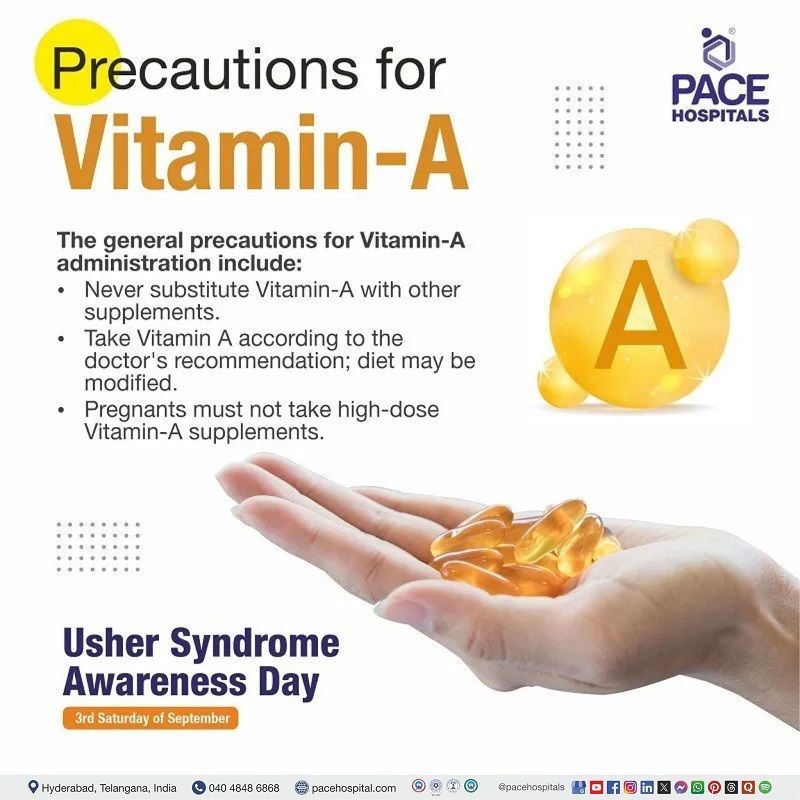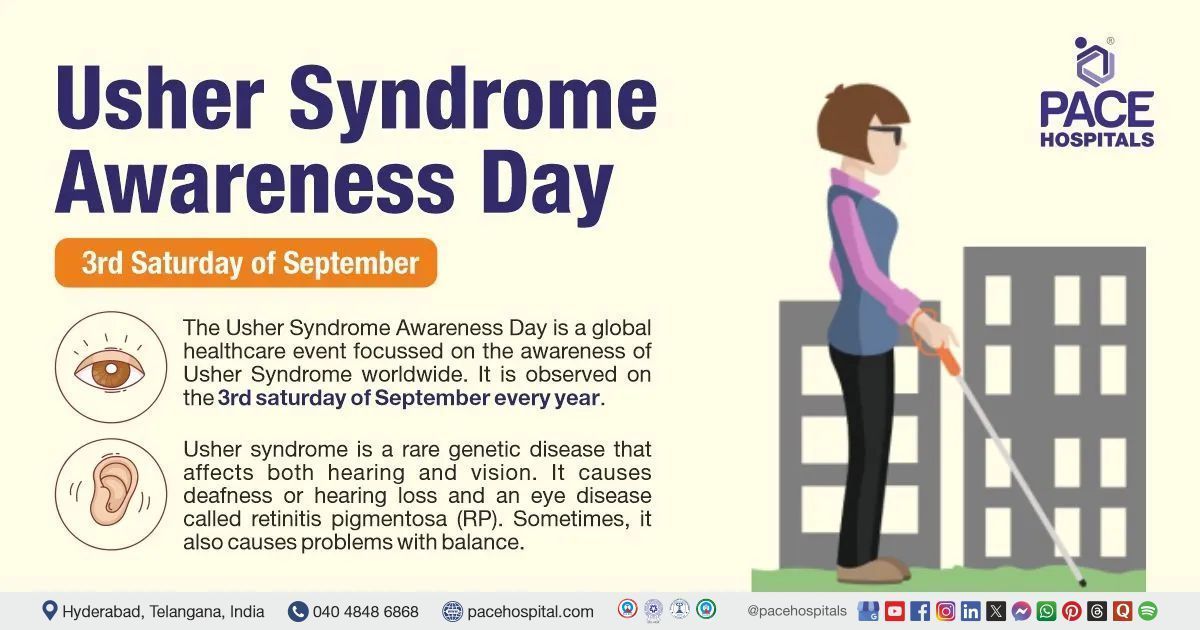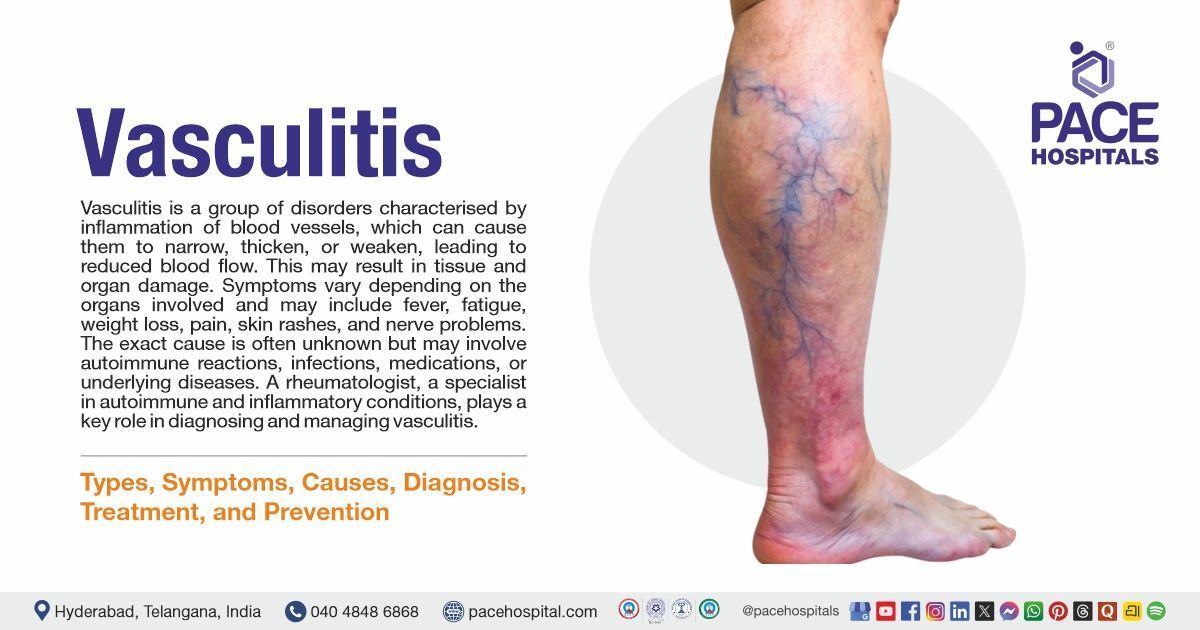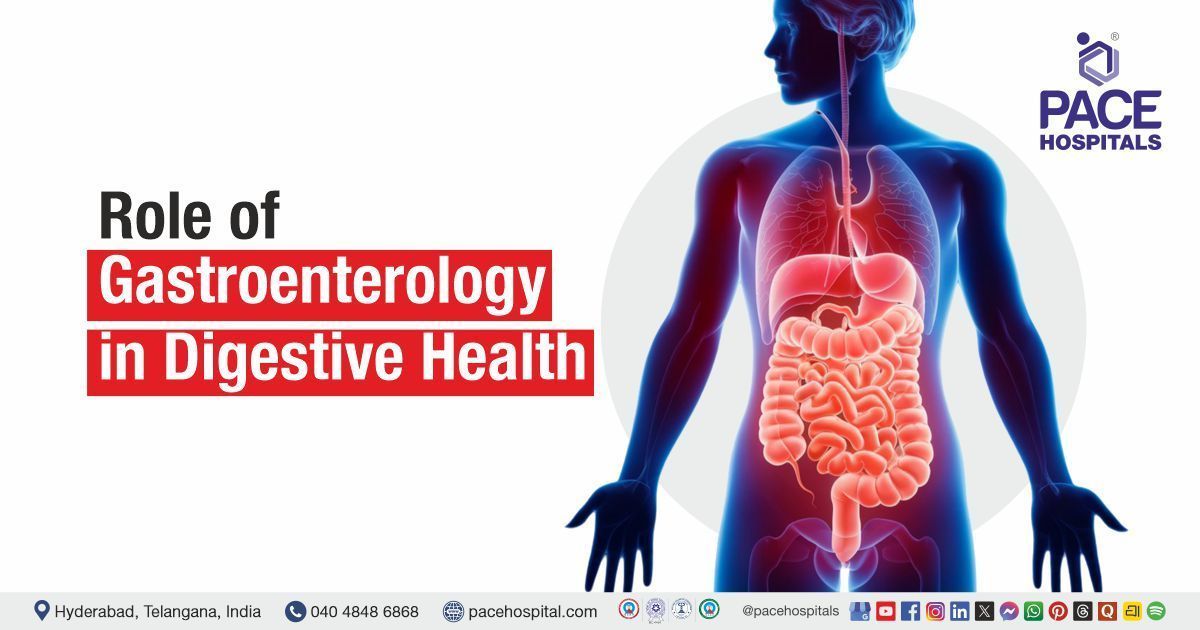Usher Syndrome Awareness Day, 20 September 2025 - Theme & Importance
PACE Hospitals
Usher Syndrome Awareness Day is a global healthcare event focussed on spreading awareness of Usher Syndrome on a global scale. It is observed on the third Saturday of September every year. This year 2025, the Usher Syndrome Awareness Day is celebrated on 20th of September (3rd Saturday of September).
Usher syndrome is a genetic disease characterised by either profound or mild hearing loss during or soon after birth. The patients also suffer from retinitis pigmentosa, causing night blindness along with progressive loss of visual fields. Usher syndrome usually goes unnoticed for many years due to its progressive nature. Despite the diagnosis of retinitis pigmentosa, many clinicians may not connect the manifestation of hearing loss drawn to a genetic connection.
Being one of the rarest genetic diseases, the epidemiological data on the Usher population in India is scarce. Nevertheless, understanding the American prevalence rate of Usher Syndrome, which says that one of every 17,000 Americans is a sufferer of Usher Syndrome, there are approximately 78,000 Usher Syndrome patients in India according to the 2017 population of India (133.66 crore). However, this is an arbitrary number which could either be increased or decreased by various factors.
Origins of USC and Usher Syndrome Awareness Day
The Usher Syndrome Awareness Day is initiated by the Usher Syndrome Coalition (USC), which was founded in 2008 on a mission to voice the concerns of patients suffering from Usher Syndrome. It has humble beginnings, starting with the communication of researchers and patrons through informal collaborations.
Currently, the most extensive resource of the Usher syndrome community, the Usher Syndrome Coalition, extends the hand of collaboration towards internationally renowned researchers from various organisations apart from representing families suffering from Usher syndrome.
In 2015, as an attempt to spread awareness of Usher Syndrome, the Usher Syndrome Coalition (USC) informally declared every third Saturday of September as the Usher Syndrome Awareness Day, thus initiating the event, which grew spreading across the continents.
This day is selected as it marks the arrival of the autumnal equinox in the Northern Hemisphere, which results in days that have more darkness than light – as a narrative of Usher syndrome.
Treatment and Future Perspectives of Usher Syndrome
While currently, there hasn't been any no cure for Usher syndrome, research has been underway to find the answer for the syndrome. Early diagnosis is necessary to promote various educational programs which can help acclimatise hearing and vision loss and a child’s age and ability through rehabilitation.
Symptomatic treatment could involve steps such as managing hearing, vision, and balance problems.
Disease and condition-specific education, knowledge, along with experience are necessary to rehabilitate Usher syndrome patients. Bioengineering solutions could provide retinal support, and continuous progression of research is seen within the field.
Currently, rehabilitation with hearing aids and bilateral cochlear implantations remain the standard treatment options. Spatial orientation (attainment of balance) can be achieved by bilateral devices, which can also support residual visual function.
There has been an increase in the amount of research in gene-, drug-, and cell-based therapies discovering the answers for the syndrome. CRISPR–CAS9 is a method which enables the in vitro correction of the c2299delG mutation in the USH2A gene, thus avoiding the syndrome. The discovery of CRISPR–CAS9 was so phenomenal that it fetched the Nobel Prize in 2020.
Gene therapy has encouraging results in experimental animal models, which is hopeful in translating into current clinical management. Nevertheless, further studies are necessary to develop new strategies and collect information on USH.

The Tryst with Vitamin A
Research demonstrated that the administration of vitamin A could slow the progression of retinitis pigmentosa (night blindness). The treatment option of vitamin A should be discussed with the health care provider before proceeding, as there are various subtypes of Usher syndrome which may or may not be appropriate with vitamin A treatment.
The general precautions for vitamin A administration include:
- Do not substitute vitamin A palmitate with other supplements.
- Vitamin A supplements must be taken according to the doctor’s recommendation, which may involve the modification of the diet in deselecting high vitamin A foods.
- An increased risk of birth defects may be seen with pregnant women taking high-dose vitamin A supplements.
- Avoidance of high-dose vitamin A supplements must be done for at least six months before conception.
Share on
Request an appointment
Fill in the appointment form or call us instantly to book a confirmed appointment with our super specialist at 04048486868











